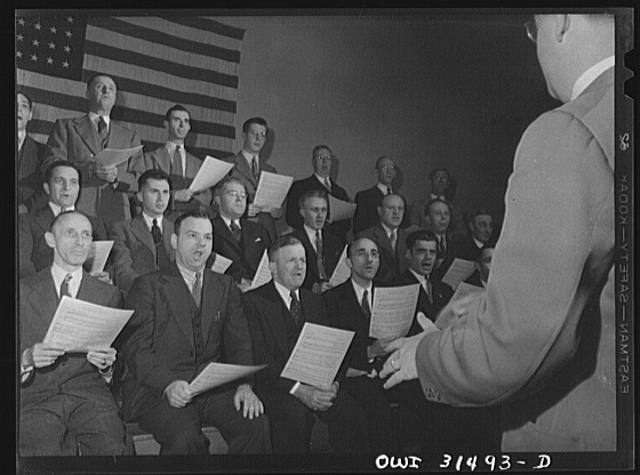In New York State Club Association, Inc. v. City of New York, 487 U.S. 1 (1988), the Supreme Court held that a New York City ordinance prohibiting discrimination against persons on the basis of race, color, national origin, or sex in places of public accommodation was constitutional. Local Law 63, enacted in 1984, amended a 1965 ordinance by defining a public accommodation as a club or organization with more than 400 members that received money to further trade or business.
State Club Association held that ordinance violated freedom of association
The purpose of the amended ordinance, according to the city council, was to advance equal opportunities for women and minority groups in business and the professions. The New York State Club Association, representing more than a hundred private clubs, contended that the ordinance violated its members’ constitutional right of freedom of association. Associative freedoms fall into two categories: expressive association, arising from the First Amendment’s freedom of speech clause, and intimate association, stemming from the constitutional right to privacy.
Court said associative freedoms could be overriden by state’s interest to eradicate sex discrimination
After losing in the state courts, the association appealed to the Supreme Court. In announcing the opinion of the Court, Justice Byron R. White affirmed the state court rulings, relying on the Court’s earlier decisions in Roberts v. United States Jaycees (1984) and Board of Directors of Rotary International v. Rotary Club of Duarte (1987). In both of these cases, the Court held that even though associative freedoms are important, they may be overridden by the state’s compelling interest in eradicating sex discrimination.
Association could not show that individuals in clubs had lost their freedom of speech
Because the New York State Club Association had filed a facial challenge, it had to show that there were no circumstances under which the law could be constitutional. The Court held that the law did not bar clubs within the association from exercising their freedom of speech. Thus, it did not impair the expressive associational rights of every club in the association. Simply preventing an association from using race or sex as a criterion for membership did not affect the ability of individuals within the clubs to advocate their views.
This article was originally published in 2009. Susan Gluck Mezey is a professor emeritus of political science at Loyola University Chicago; she holds an M.A. and Ph.D. from Syracuse University and a J.D. from DePaul University. She has published in the area of minority group policies and the federal courts. Her recent books include: Transgender Rights: From Obama to Trump (2020); Beyond Marriage: Continuing Battles for LGBT Rights (2017); Elusive Equality: Women’s Rights, Public Policy, and the Law, 2d Ed. (2011); Gay Families and the Courts: The Quest for Equal Rights (2009); Queers in Court: Gay Rights Law and Public Policy (2007); and Disabling Interpretations: Judicial Implementation of the Americans with Disabilities Act (2005).

